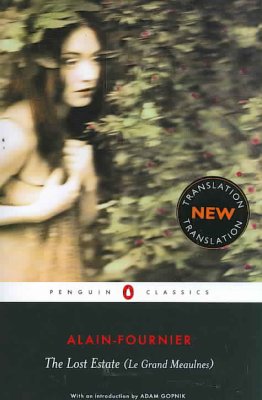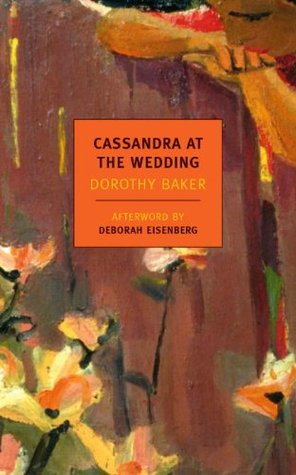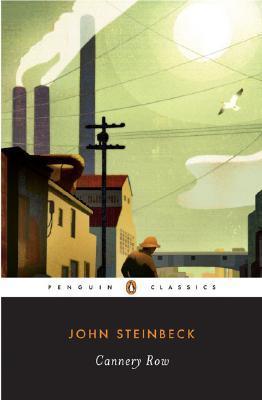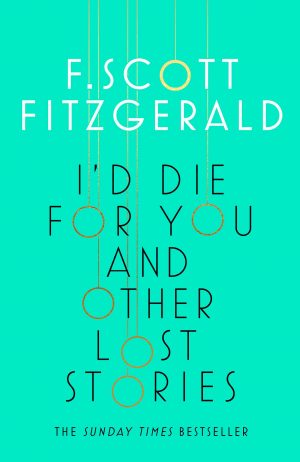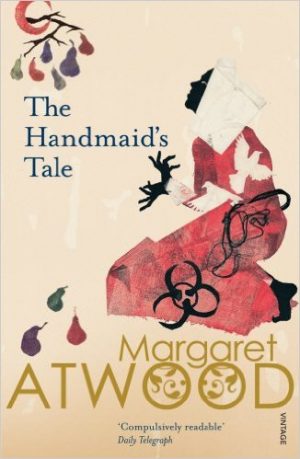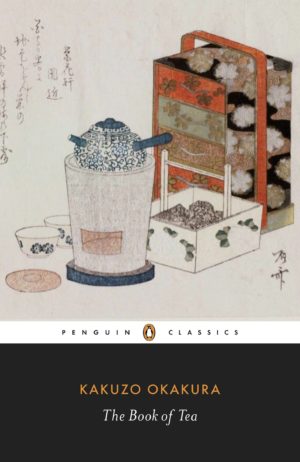
Review by Julie
The Moon is Down
A fascinating piece of war time propaganda
The story behind The Moon is Down by John Steinbeck World War II novel is as fascinating as the book itself. Steinbeck, a world famous author by the start of the war, was deeply concerned about the rise of Fascism in Europe. He’d noticed the Fascists’ clever use of propaganda and urged the precursor to the CIA, for whom he worked, to create their own. In 1941, Steinbeck wrote The Moon is Down, which is largely based on conversations with people who’d fled their occupied countries. The book would become one of the most read underground novels of the war, with thousands of copies printed clandestinely in France, Denmark, Norway, Belgium and the Netherlands. Judging by its success, it must have played a role in mobilising resistance and keeping up morale.




